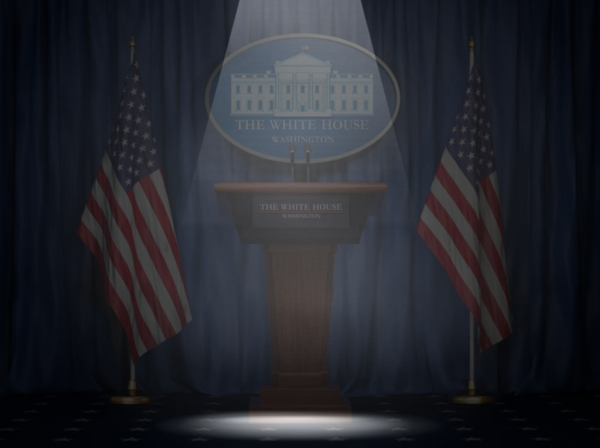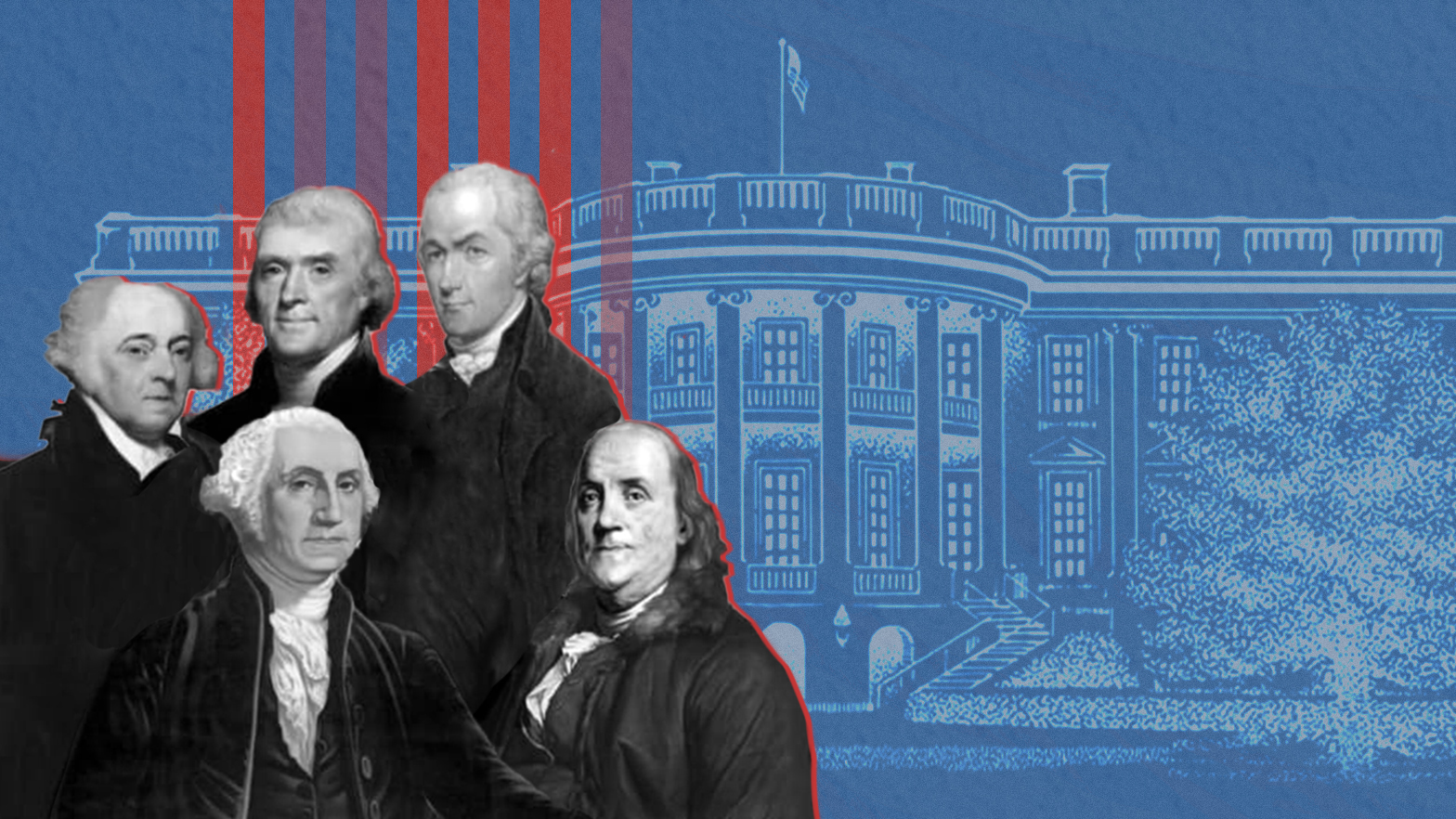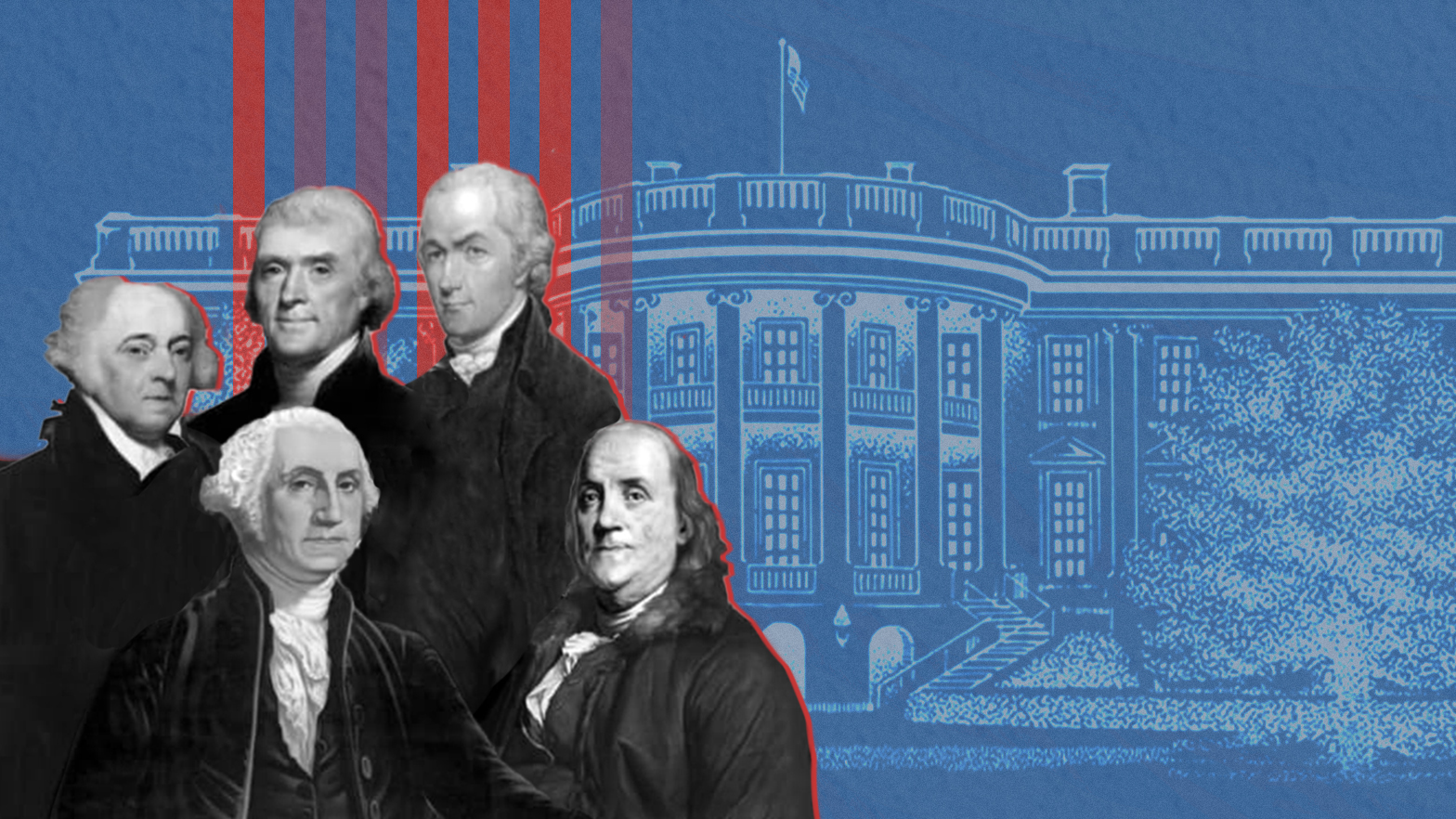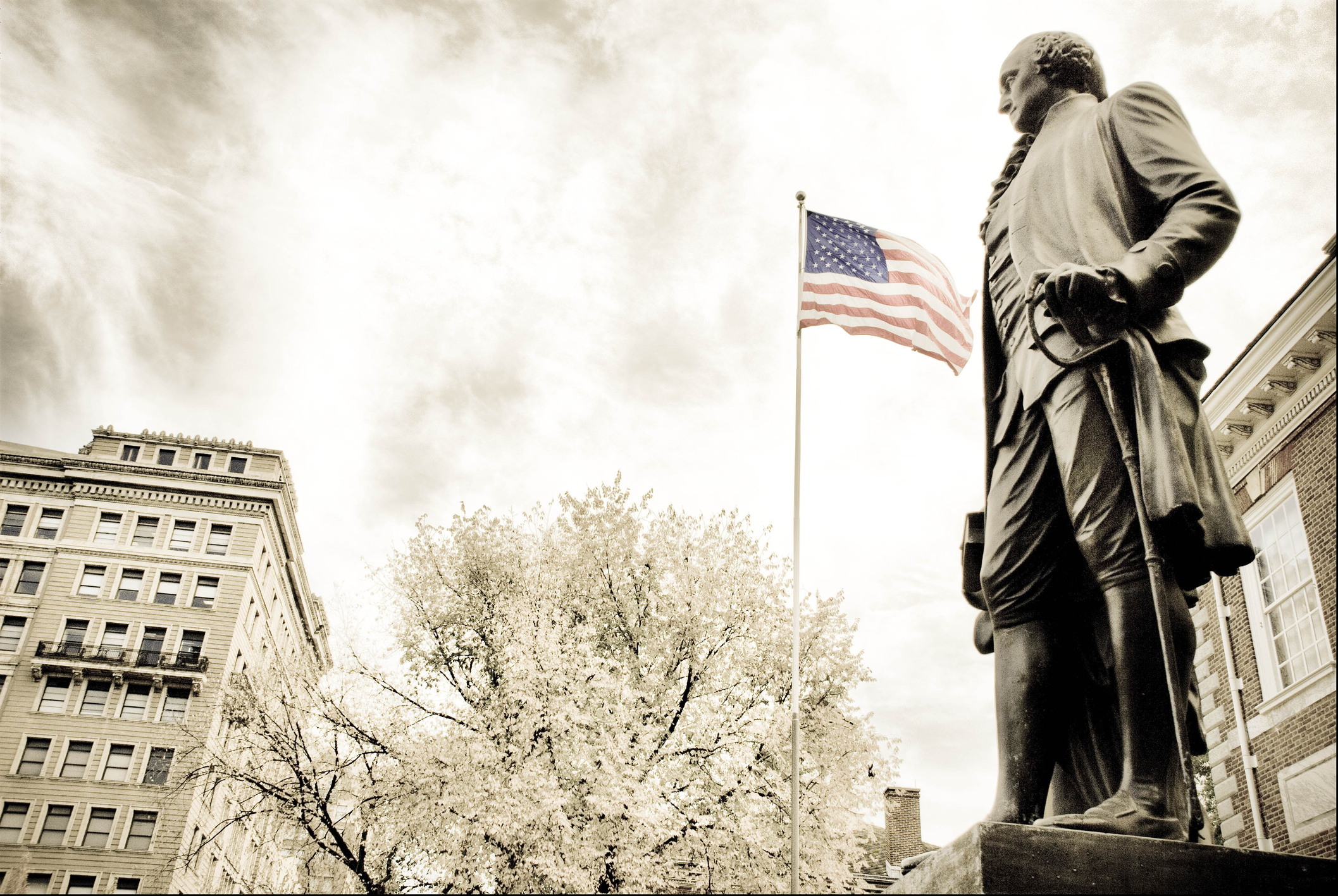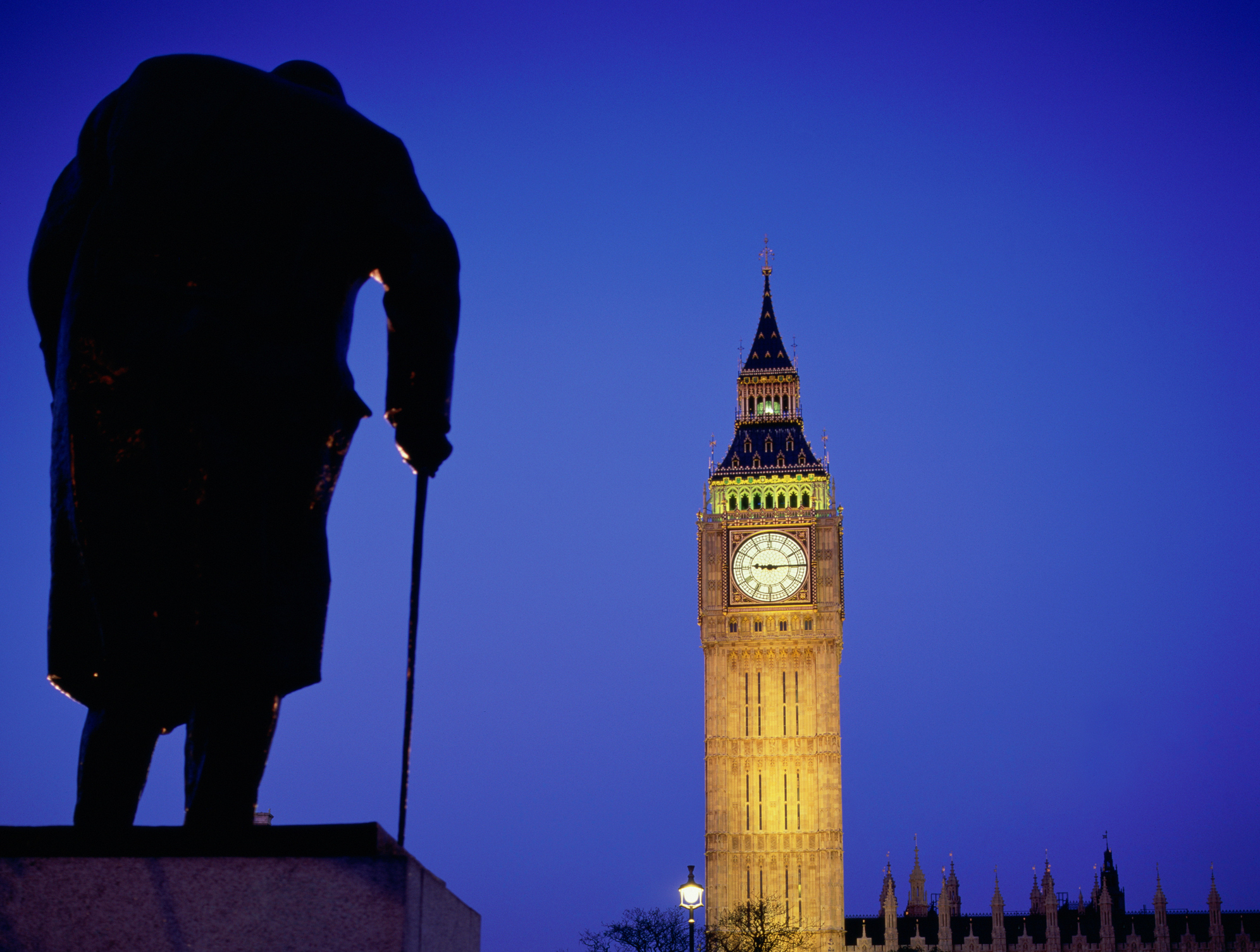Today’s miseducated fame-seekers can’t lead us, unless it’s off a cliff.
The Life of Sasse
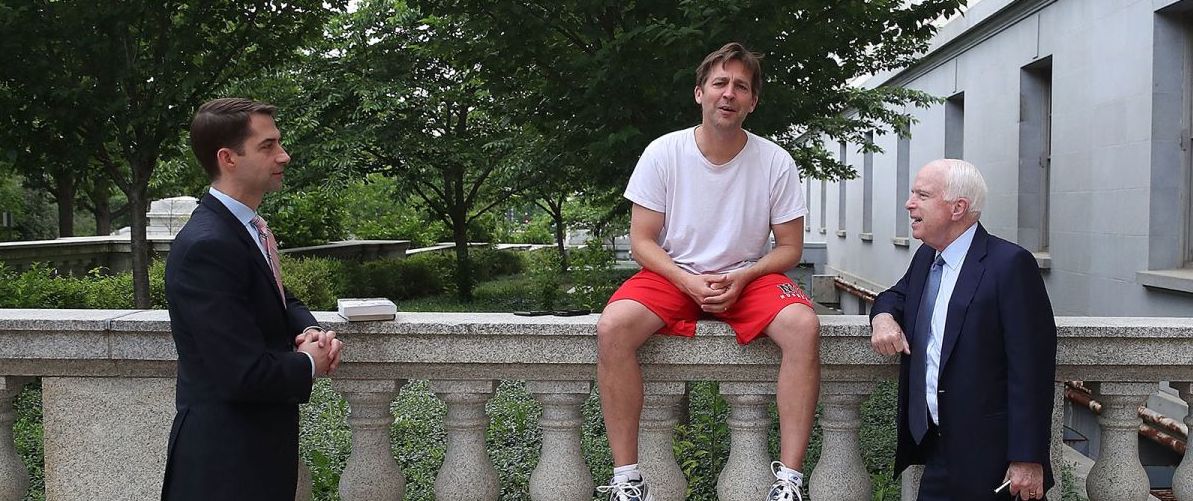
The Republican congressman plays politics but avoids ruling.
Plutarch’s Lives tells the stories of Roman statesmen paired with those of Greeks with whom Plutarch saw illustrative parallels. One of the best-known chapters is on Cicero.
Plutarch judges Cicero harshly. He portrays the Roman as a skilled orator whose poor grasp of political reality and aversion to necessary action rendered him ineffective as a statesman. It’s not clear Plutarch was fair to Cicero. But his critique is more apt for a modern-day American Senator: Ben Sasse.
Sasse has again gained national attention by aligning his voice with a broader media narrative, this time taking to the Atlantic to broadside fellow Republicans and evangelical Christians for a supposed failure to sufficiently denounce QAnon. Castigations of this sort have become perennial fodder for Sasse, typically accompanied by high-minded admonitions to return to conservative and Constitutional principles.
Cicero was widely recognized as a learned and principled man. But, in Plutarch’s telling, he let himself be manipulated by savvier politicians who exploited his desire for status and his commitment to republican ideals. In the end, Cicero’s irresolute response to the great political conflicts of the Late Republic contributed to his betrayal by many whose interests he had served and to his ultimate demise.
Whether or not Cicero fully deserved such criticism, Sasse certainly demonstrates more interest in talking about ideals than engaging political reality.
Principled Abdication
Consider how the Senator plays the role of principled scold to call out both sides for violating norms that have long been abandoned, but he vacillates on practical political questions. His seeming desire for the praise occasionally afforded a “principled” Republican—that is, one who reliably applies his “principles” against his own party—renders him unreliable in high-stakes fights. If he recognizes the grave threats our country faces, he conspicuously lacks a clear response. He fails to firmly align with those actually fighting to protect America against ideologies that pose still greater risk.
His attacks on Trump’s executive orders are illustrative. He sees these as violating an ideal separation of powers. The growth of executive orders has certainly offended those who regard the Federalist Papers—which envision Congressional preeminence—as the ultimate political measure. But we do not live in the world of Hamilton and Madison. With the rise of the vast administrative state and the expansion of judicial fiat into the legislative domain, executive orders, however clumsy and suboptimal, may be one of the best remaining ways to impose some political oversight over the apparatus of government. To criticize them in service of a lost ideal is in effect to advance even stronger rule by unelected bureaucrats and judges, an outcome that diverges ever more from the ideals of the American Founding.
Sasse does take potshots at the judiciary for its overreach of his constitutional ideals, which has been exacerbated by the never-constitutionally-mandated concept of judicial supremacy. But he never suggests any action that could substantively challenge this claim to power—such as a defiance of an unconstitutional ruling by another branch of government. Such an action would itself violate a longstanding norm of ultimate deference to judicial decisions. That norm is what made the Court’s power grab possible in the first place. But opposing it would be a risk, certain to produce criticism and invite political consequences. Much safer to politely complain about the continuing usurpation while dutifully complying with its diktats.
This reflects much of Sasse’s approach to politics: he likes the (easy) theory of American constitutionalism; he doesn’t like the (challenging) practice of American politics in a world where these constitutional principles have become far less relevant to the actual exercise of power in our government. (It’s also unclear he would have liked the actual practice of politics in America’s early years, which were replete with brinksmanship and constitutional crises on a scale that would dwarf some of the things Sasse complains about today.)
Non-Solutions
Sasse’s knowledge and skills—and those of Republicans like him—could be put to good use. Today’s political environment is fraught with threats and the reemergence of big questions papered over by the post-Cold War consensus. We need statesmen with the understanding of virtue and political philosophy that Sasse clearly possesses to courageously confront the challenges of our day, helping ensure that the messy compromises and pragmatic judgments inherent to practical politics—especially in a time of realignment—move our country as much as possible in the right direction.
Even if Sasse himself feels uncomfortable making such prudential judgments, he could use his skills to help those who are. Plutarch notes how Cicero’s rhetorical skills were sought by those wielding armies; Sasse could likewise use his ability to rally certain segments of the population in service of compelling political causes.
Unfortunately, to date, Sasse has chosen to remain on the sidelines.
He seems to enjoy speaking and writing: he’s written books on character and on American society, gave a “civics lesson” when his turn came during the Barrett confirmation hearings, and regularly produces commentary designed to appeal to those interested in American political theory and history—even if it has limited impact on today’s political questions. Plutarch’s comment that Cicero was “continually trying to show his learning” in his speeches could easily be applied to Sasse.
In contrast, he does not seem to enjoy politics. Sasse complained about Congress: “The legislature is impotent. The legislature is weak. And most people here want their jobs more than they really want to do legislative work.” This could describe his own role in the Senate. Despite his distaste for so much of politics, he chose to seek reelection, perhaps reflecting a theoretical desire to rule but practical aversion to what this entails, or a desire to rule an America of theory, but not the America of reality.
He focused much of his book The Vanishing American Adult on the problem of our education system, recognizing that “we have failed” on civic education. Yet Sasse was notably silent when Trump and fellow senators Cotton, Hawley, and Cruz went after the 1619 Project—a project that directly targeted much of what Sasse celebrates in an education and had made its way into 4,500 public schools. His book is replete with suggestions for the ideal education (he homeschools his children), but Sasse has made few practical efforts to push the public education the vast majority of American children receive in this direction.
In his latest book, Them, Sasse emphasizes place and local connection. He laments that “our world is nudging us toward rootlessness, when only a recovery of rootedness can help us.” Recognizing the importance of our jobs to this rootedness and well-being, he declares that “we need to be needed.” Yet he sees that economic trends have led to less stability here too, with average job tenure declining “from two-and-a-half decades in the 1970s to just over four years now…. All of that disruption in place leads to great social anxiety. And it leads to great ache and pain for people since we’re meant to be relational, tribal beings.”
Sasse explicitly acknowledges the failure of “a way of thinking about how when there’s all kind of opportunity, in a Tom Friedman world-is-flat-kind-of-way, more people can migrate and go get other great opportunities.” Instead, “we have a massive hollowing out of place and of local community. That’s creating deep angst in America.”
Yet here again, the contrast is notable between Sasse’s diagnosis of the problem and his policy positions. He almost reflexively rejects policies such as tariffs that favor the local in favor of those central to the world-is-flat viewpoint, calling himself “arguably the most pro-free trade senator in this body” (also contrasting with the views of the founders he regularly celebrates, who favored tariffs as a source of revenue). Sasse recognizes our problems aren’t material, claiming Americans “are a drifting and aimless people—awash in material goods and yet spiritually aching for meaning,” but he roots his defense of free trade in economically utilitarian arguments, including fears that tariffs mean “we lose as consumers.”
When layoffs devastated a town in his home state—following a hedge fund-pushed acquisition of Cabela’s by Bass Pro Shops—he recognized the challenge: “There’s a real problem with American communities coming apart and it’s going to require creative policymaking.” Yet rather than suggest any such policies or question the financialization driving much of this labor market turmoil, Sasse again de-emphasized a policy response, adding “This problem isn’t going to be solved by the easy, overpowering big-government advocates on either the right or the left.”
Sasse may simply believe government is not capable of ameliorating our social ills. Explaining that Them “wasn’t a policy book,” Sasse claimed “the heart of the problem we are tackling in this book is well upstream from politics.” But this also poses conflicts with his idealization of the government of the founders. He sandwiches an exhortation in The Vanishing American Adult to “go back to Reagan” between his acknowledgement that we have failed on education and Jefferson’s line that “If a nation expects to be ignorant and free, it expects what never was and never will be.” Yet Sasse fails to reflect on the implications of his grim assessment of our educational and civic health, and whether the freedom he prizes even remains compatible with the conditions he describes.
What’s the Point?
Finally, it is possible that for Sasse politics is simply a continuation of the game so much of the Ivy League and elite professional world has become. This is a game in which skill is too often elevated above purpose; in which people spend their lives climbing ladders without much thought to what they will use their position up the ladder to accomplish. Such a mindset is particularly harmful in politics, where election, popularity, and rhetorical eloquence can become ends in themselves rather than tools of statesmanship.
This disease, though perhaps particularly acute today, has always been a concern, and Plutarch warns that “it is necessary, indeed, for a political leader to be an able speaker; but it is an ignoble thing for any man to admire and relish the glory of his own eloquence.” At his worst Cicero acted “as if he were engaged in a boyish trial of skill, who should speak best.”
Like Cicero, Sasse’s career involved elite education and early appointments. He attended Harvard and Yale, worked at Boston Consulting Group and a senior Bush Administration appointment, and before his election to the Senate was a college president. Cicero, who disliked military life, departed from Plutarch’s ideal of a statesman who could guide and instruct the Roman nation as a soldier armed against the foe, and instead “wanted to replace the sword with the gown.” Sasse, who never served in the military, may likewise aim to bring the traits that win the games of academia and consulting to the world of politics.
Whatever Sasse’s reasons, his limited actions do not measure up to the cultural, social, and civic ills he describes. His political rhetoric remains idealistic and disconnected from today’s political reality. Though he says we should raise children “as if they’ll rule someday,” he himself has shown little interest in ruling—in using his power as a senator to confront these ills—and he instead acts as though words of exhortation alone might cause politicians and citizens to mend their ways.
When judging a statesman, we must look beyond his words and values to assess his true impact. While good values can play an important role, impact also depends on the prudence to navigate contemporary challenges, the work ethic to push for results, and the courage to make hard decisions. A statesman can eloquently articulate sound values but fail on these latter traits.
Plutarch recounts how Caesar eulogized Cicero as “a learned man and a lover of his country.” Yet Plutarch recognized that this alone was insufficient for a statesman. Sasse likewise appears to be a man who knows and loves our founding tradition. But he is not the statesman we need in twenty-first-century America.
The American Mind presents a range of perspectives. Views are writers’ own and do not necessarily represent those of The Claremont Institute.
The American Mind is a publication of the Claremont Institute, a non-profit 501(c)(3) organization, dedicated to restoring the principles of the American Founding to their rightful, preeminent authority in our national life. Interested in supporting our work? Gifts to the Claremont Institute are tax-deductible.
Great nations need and deserve great leadership.
Great nations need and deserve great leadership.
Modern “leadership” is a poor substitution for true statesmanship.
Our dark hour calls for a recovery of the statesman’s virtues.
Ideological "scholars" continue to attack one of the West's preeminent statesmen.

